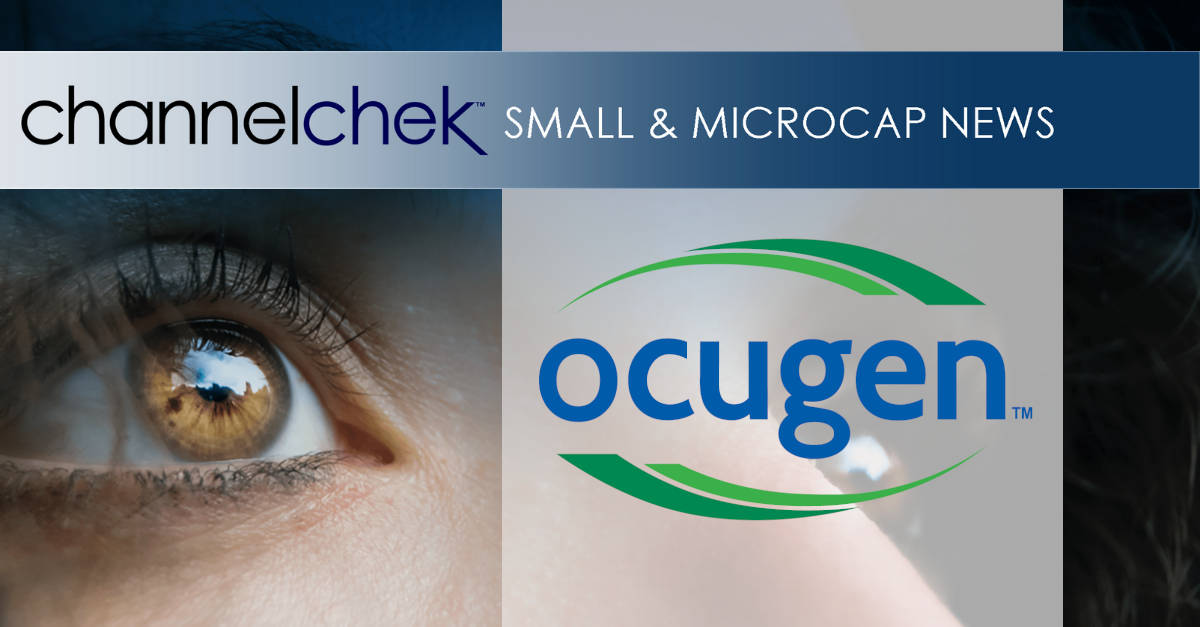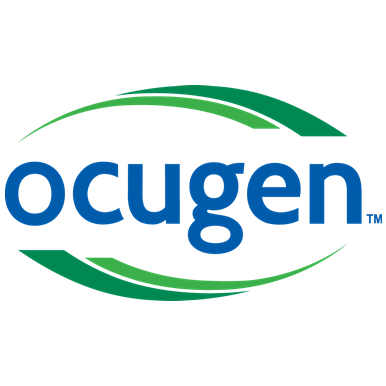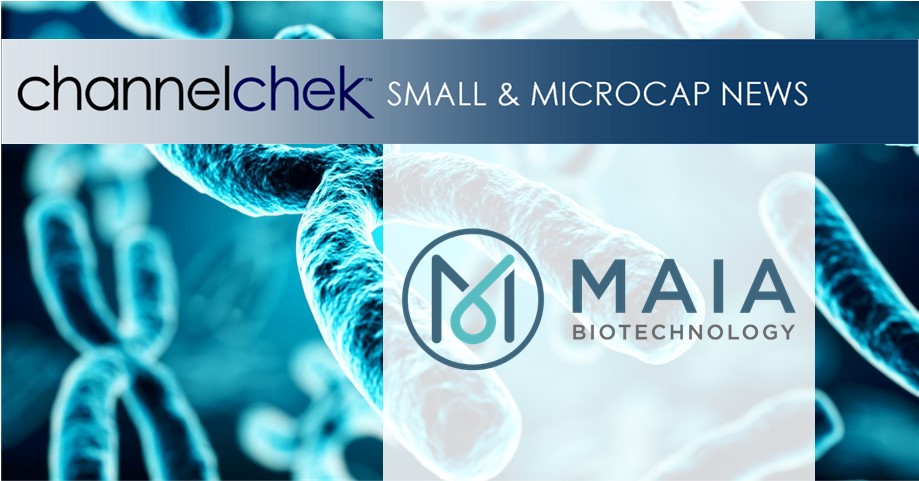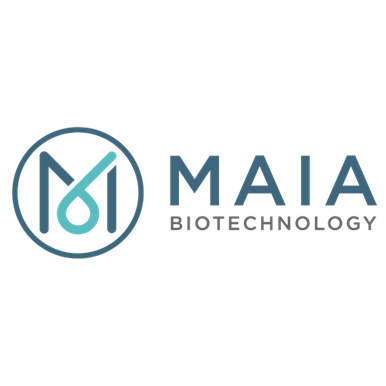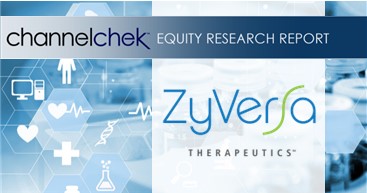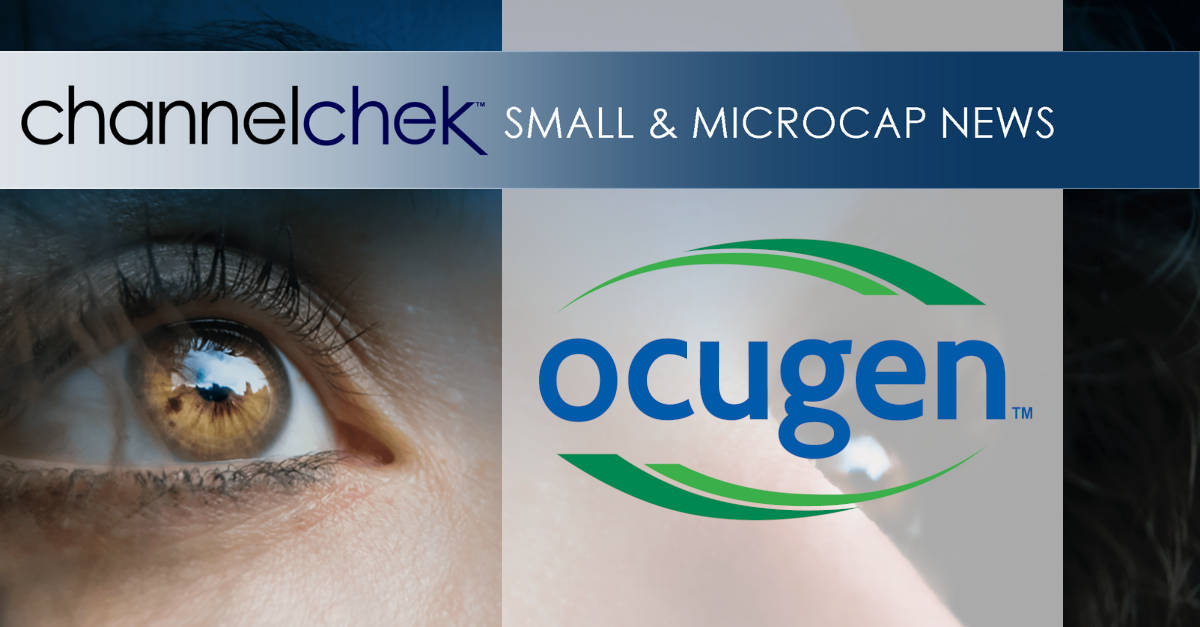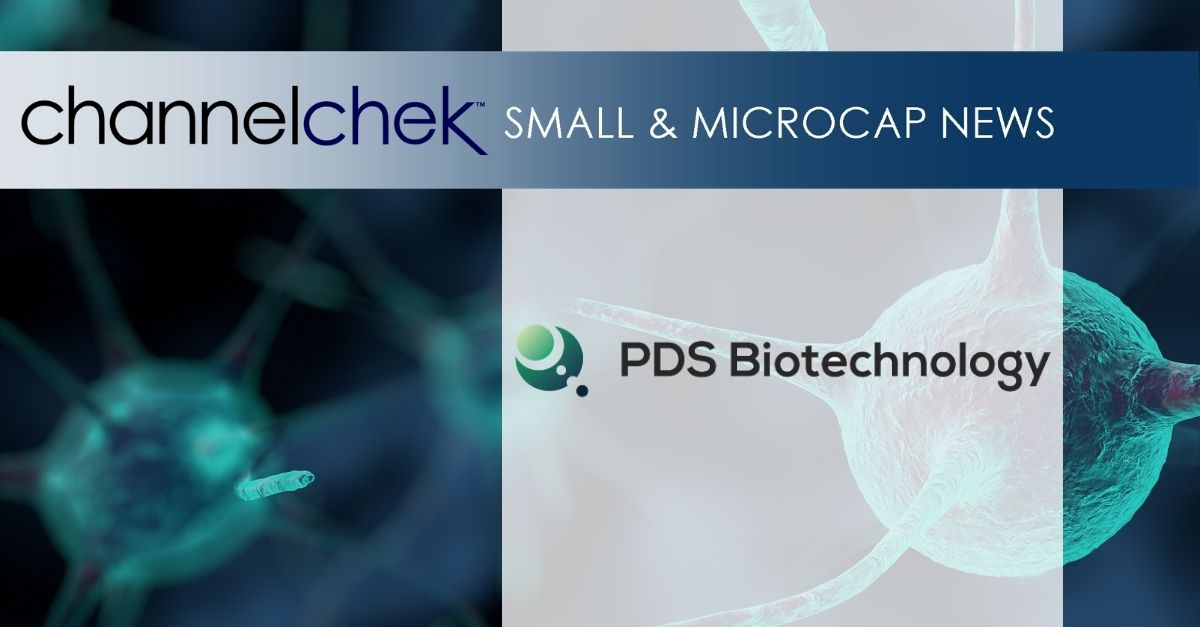Research News and Market Data on PDSB
Company to Host Key Opinion Leader Event on May 8 at 1:30pm ET to Discuss Updated Results of VERSATILE-002, Unmet Treatment Needs in Advanced Head and Neck Cancer and planned Triple Combination Trial
PRINCETON, N.J., April 23, 2024 (GLOBE NEWSWIRE) — PDS Biotechnology Corporation (Nasdaq: PDSB) (“PDS Biotech” or the “Company”), a late-stage immunotherapy company focused on transforming how the immune system targets and kills cancers and the development of infectious disease vaccines, today announced a Key Opinion Leader (“KOL”) Event to discuss positive, updated data from its VERSATILE-002 Phase 2 clinical trial with Versamune® HPV in combination with KEYTRUDA® (pembrolizumab) (NCT04260126) and next steps for Versamune® HPV and PDS01ADC. The new data cut-off from VERSATILE-002 clinical trial remains consistent with the update provided by PDS Biotech in October of 2023.
The KOL event will take place on Wednesday, May 8, 2024, at 1:30 pm ET and panel participants will include:
- Dr. Jared Weiss, M.D., Section Chief of Thoracic and Head/Neck Oncology, Professor of Medicine at University of North Carolina, and Principal Investigator of the VERSATILE-002 clinical trial who will present and discuss the trial results
- Dr. Robert Haddad, M.D., Professor of Medicine, Harvard Medical School and Dana-Farber Cancer Institute who will discuss the unmet need in HPV-positive head and neck squamous cell cancer (“HNSCC”)
The VERSATILE-002 trial is evaluating Versamune® HPV (formerly PDS0101) in combination with the immune checkpoint inhibitor (“ICI”) pembrolizumab in patients with unresectable, recurrent, or metastatic HPV16-positive HNSCC. The topline results to be discussed at the upcoming event are based on analysis of the most recent data cut-off.
“Approximately 20% of HPV-related patients with HNSCC will develop recurrent, incurable disease,” said Dr. Weiss. “HPV-related HNSCC that is recurrent or metastatic is a devastating, difficult-to-treat cancer, and a majority of patients do not respond to current treatments, and therefore have a relatively short survival. We believe that the data warrant further investigation in a randomized controlled clinical trial, and we are hopeful about the potential that the unique combination including Versamune® HPV and the IL-12 fused antibody drug conjugate PDS01ADC may represent in the treatment of HPV-related HNSCC.”
To register for the Key Opinion Leader event, click here.
About PDS Biotechnology
PDS Biotechnology is a late-stage immunotherapy company focused on transforming how the immune system targets and kills cancers and the development of infectious disease vaccines. The Company plans to initiate a pivotal clinical trial in 2024 to advance its lead program in advanced head and neck squamous cell cancers (HNSCC). PDS Biotech’s lead program is a proprietary dual-acting combination of IL-12 fused antibody drug conjugate (ADC) PDS01ADC and T-cell activator Versamune® HPV in regimen with a standard-of-care immune checkpoint inhibitor. Proof-of-concept long-term data have shown positive survival results and tumor shrinkage with this combination and indicate favorable tolerability.
With a novel investigational “inside-outside” mechanism, the PDS01ADC and Versamune® HPV immunotherapy has shown compelling results with potential to successfully disrupt a tumor’s inside defenses, while also generating potent, targeted killer T-cells to attack the tumor from the outside. Robust data from more than 350 patients, as well as ongoing clinical trials across multiple tumor types and standard treatment regimens, have validated both platforms and point to potential broad utility.
Our Infectimune® based vaccines have demonstrated the potential to induce not only robust and durable neutralizing antibody responses, but also powerful T-cell responses, including long-lasting memory T-cell responses in pre-clinical studies to date. For more information, please visit www.pdsbiotech.com.
Forward Looking Statements
This communication contains forward-looking statements (including within the meaning of Section 21E of the United States Securities Exchange Act of 1934, as amended, and Section 27A of the United States Securities Act of 1933, as amended) concerning PDS Biotechnology Corporation (the “Company”) and other matters. These statements may discuss goals, intentions and expectations as to future plans, trends, events, results of operations or financial condition, or otherwise, based on current beliefs of the Company’s management, as well as assumptions made by, and information currently available to, management. Forward-looking statements generally include statements that are predictive in nature and depend upon or refer to future events or conditions, and include words such as “may,” “will,” “should,” “would,” “expect,” “anticipate,” “plan,” “likely,” “believe,” “estimate,” “project,” “intend,” “forecast,” “guidance”, “outlook” and other similar expressions among others. Forward-looking statements are based on current beliefs and assumptions that are subject to risks and uncertainties and are not guarantees of future performance. Actual results could differ materially from those contained in any forward-looking statement as a result of various factors, including, without limitation: the Company’s ability to protect its intellectual property rights; the Company’s anticipated capital requirements, including the Company’s anticipated cash runway and the Company’s current expectations regarding its plans for future equity financings; the Company’s dependence on additional financing to fund its operations and complete the development and commercialization of its product candidates, and the risks that raising such additional capital may restrict the Company’s operations or require the Company to relinquish rights to the Company’s technologies or product candidates; the Company’s limited operating history in the Company’s current line of business, which makes it difficult to evaluate the Company’s prospects, the Company’s business plan or the likelihood of the Company’s successful implementation of such business plan; the timing for the Company or its partners to initiate the planned clinical trials for PDS01ADC, PDS0101, PDS0203 and other Versamune® and Infectimune® based product candidates; the future success of such trials; the successful implementation of the Company’s research and development programs and collaborations, including any collaboration studies concerning PDS01ADC, PDS0101, PDS0203 and other Versamune® and Infectimune® based product candidates and the Company’s interpretation of the results and findings of such programs and collaborations and whether such results are sufficient to support the future success of the Company’s product candidates; the success, timing and cost of the Company’s ongoing clinical trials and anticipated clinical trials for the Company’s current product candidates, including statements regarding the timing of initiation, pace of enrollment and completion of the trials (including the Company’s ability to fully fund its disclosed clinical trials, which assumes no material changes to the Company’s currently projected expenses), futility analyses, presentations at conferences and data reported in an abstract, and receipt of interim or preliminary results (including, without limitation, any preclinical results or data), which are not necessarily indicative of the final results of the Company’s ongoing clinical trials; any Company statements about its understanding of product candidates mechanisms of action and interpretation of preclinical and early clinical results from its clinical development programs and any collaboration studies; the Company’s ability to continue as a going concern; and other factors, including legislative, regulatory, political and economic developments not within the Company’s control. The foregoing review of important factors that could cause actual events to differ from expectations should not be construed as exhaustive and should be read in conjunction with statements that are included herein and elsewhere, including the other risks, uncertainties, and other factors described under “Risk Factors,” “Management’s Discussion and Analysis of Financial Condition and Results of Operations” and elsewhere in the documents we file with the U.S. Securities and Exchange Commission. The forward-looking statements are made only as of the date of this press release and, except as required by applicable law, the Company undertakes no obligation to revise or update any forward-looking statement, or to make any other forward-looking statements, whether as a result of new information, future events or otherwise.
Versamune® and Infectimune® are registered trademarks of PDS Biotechnology Corporation.
Keytruda® is a registered trademark of Merck Sharp and Dohme LLC, a subsidiary of Merck & Co., Inc., Rahway, N.J., USA.
Investor Contact:
Mike Moyer
LifeSci Advisors
Phone +1 (617) 308-4306
Email: mmoyer@lifesciadvisors.com
Media Contact:
Gina Mangiaracina
6 Degrees
Phone +1 (917) 797-7904
Email: gmangiaracina@6degreespr.com

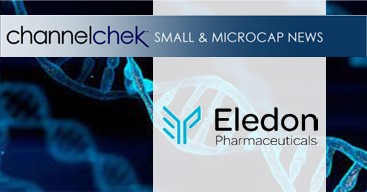
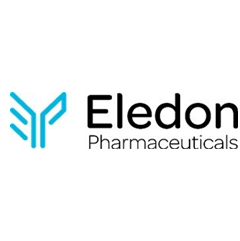
 Source: Eledon Pharmaceuticals, Inc.
Source: Eledon Pharmaceuticals, Inc.